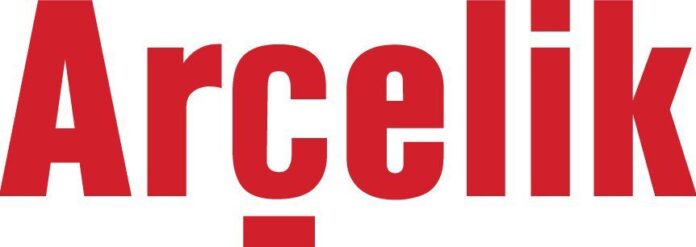When Turkish appliance manufacturer Arçelik began its digital transformation journey in 2015, it had the opportunity to start from scratch with its new factory in Ulmi, Romania, which was in the pipeline, but not yet built. Upon its completion, the Romania facility became the company’s most advanced factory and the first to be constructed with Industry 4.0 principals in mind and private LTE at its core.
Arçelik’s Chief Strategy and Digital Officer Utku Pazar told Private Networks European Forum attendees that replacing using a private LTE network in place of a Wi-Fi network improved its operations at the factory in three key areas: safety, speed and flexibility.
“It’s not about the solution itself, it’s about the problem it’s solving. Digital transformations are only enabled by a very strong IP network — you need to collect data and make sure all of these stations are able to communicate with each other, reliably,” said Pazar, adding that Wi-Fi is the typical choice here. “But I can guarantee you that Wi-Fi is not factory floor ready,” he argued.
He pointed to Arçelik’s use of automated guided vehicles (AGVs) to move and deliver product components throughout the factory floor as a prime example, commenting that when running them on Wi-Fi, there were several issues related to reliability and interference. This was a big problem, he said, because the material feed to the production line is what creates the biggest difference in any factory’s overall output. “It’s like the veins in your body; if the blood circulation stops, the body dies, and so if the material circulation stops, the factory stops,” he clarified.
Private LTE gave the company a more continuous and less interference-prone network, which improved output and employee safety by limiting potential AGV collisions. Private LTE, because it is a closed loop, also delivers network safety improvements.
Like safety, Pazar thinks of the speed benefit in two ways as well; LTE is simply a faster technology, but it also offers operational speed improvements
“[LTE] is much faster to deploy [than Wi-Fi],” he continued. “You need less cabling, less project planning, less fine tuning of Wi-Fi hotspots.” And when you consider that Arçelik’s Istanbul factory, for instance, has more than 170 Wi-Fi hotspots, the importance of that last point becomes clear. Pazar said that the private network has allowed the company to test and implement things simply because doing so doesn’t take as long.
Finally, as factories grow, they must become more modular, adjusting sometimes daily to handle operational changes. Private cellular, according to Pazar, delivers the network flexibility necessary to accommodate such changes. “You cannot do this with [a] cable[d] factory; you can only do this with a robust infrastructure [that] gives you the flexibility to design different layouts [and] to change the layout throughout the day,” he provided.
Pazar’s closing advice was simple: Test private mobile networks. But equally important is to make sure you are starting with the problem, not the technology. “If you are able to identify the problem, then you can really implement something that is meaningful,” he said. “Otherwise, it’s like having a hammer and looking around and wondering what to do with [it].”

